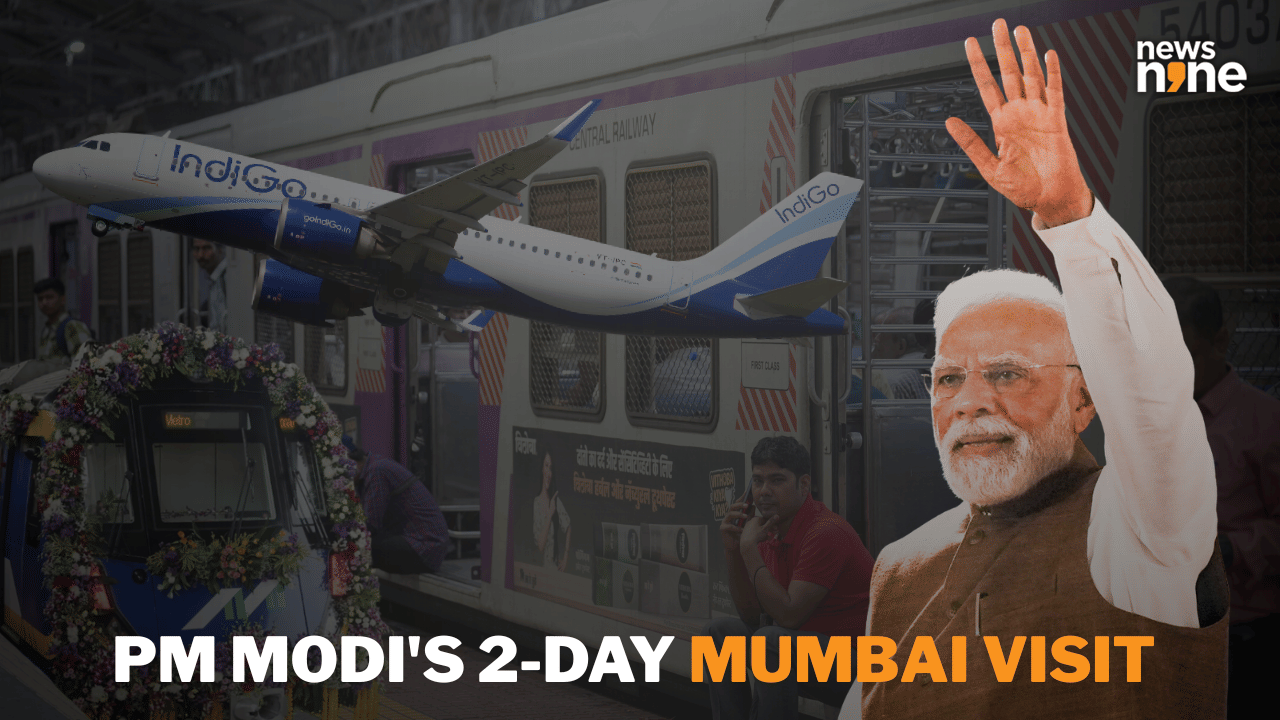Mumbai: Prime Minister Narendra Modi’s upcoming two-day visit to Maharashtra on October 8 and 9 is set to reshape Mumbai’s transport and aviation ecosystem, marking a defining moment in the city’s infrastructure story. The visit will see the inauguration of transformative projects, from a world-class international airport in Navi Mumbai to a fully operational underground metro line and an integrated digital mobility platform.
At the heart of the visit lies the long-awaited inauguration of Phase 1 of the Navi Mumbai International Airport (NMIA), a landmark project built at a cost of around Rs 19,650 crore. Conceived as India’s largest greenfield aviation hub, NMIA will serve as the Mumbai Metropolitan Region’s second international gateway. Designed to handle up to 90 million passengers and 3.25 million metric tonnes of cargo annually once fully operational, the airport spans over 1,160 hectares and embodies sustainability in its core design.
Key facilities at NMIA to lookout for
With features such as an Automated People Mover linking all four terminals, facilities for Sustainable Aviation Fuel, solar generation capacity of 47 MW, and electric bus connectivity, NMIA aims to redefine eco-efficient air travel. It will also be the country’s first airport with a dedicated water taxi link, an innovation that promises to ease urban congestion while improving regional connectivity across Mumbai’s harbour and coastal areas.
Mumbai’s Metro Line 3 ready for full stretch operations
Complementing this aviation milestone, the Prime Minister will also inaugurate the final stretch of Mumbai Metro Line 3, connecting Acharya Atre Chowk to Cuffe Parade, and formally dedicate the entire 33.5 km Aqua Line to the nation. Developed at an estimated cost exceeding Rs 37,270 crore, this fully underground corridor will connect the city’s northern suburbs to South Mumbai’s historic and commercial core including Nariman Point, the Reserve Bank of India, and the Bombay High Court. The line is expected to serve 1.3 million commuters daily, offering a faster, cleaner alternative to road transport and drastically reducing traffic congestion across key arterial routes.
Mumbai One: 11 major transport operators, one app
Adding a digital layer to Mumbai’s mobility overhaul, PM Modi will also launch “Mumbai One”, a first-of-its-kind integrated transport app designed to unify 11 major operators, including the metro, monorail, suburban trains, and municipal bus services. Through this single platform, commuters will be able to plan and pay for multimodal journeys, access live route updates, and use an SOS feature for safety, effectively turning the smartphone into a personal travel hub.
Short-Term Employability Programme
The visit will also feature the rollout of the Short-Term Employability Programme (STEP), an ambitious skill initiative by Maharashtra’s Department of Skill, Employment, Entrepreneurship and Innovation. Covering 400 government ITIs and 150 technical high schools, the programme will introduce 2,500 new training batches across fields such as artificial intelligence, electric vehicles, solar technology, and additive manufacturing , aligning the state’s workforce development with its emerging economic priorities.
PM Modi to host UK Prime Minister in Mumbai on October 9
Next day, on October 9, PM Modi will host United Kingdom Prime Minister Sir Keir Starmer in Mumbai during the latter’s first official visit to India. The two leaders will discuss the India–UK Strategic Partnership and the ‘Vision 2035’ roadmap, with a focus on trade, technology, defence, and climate cooperation.
They are also expected to address the India–UK CEO Forum and the sixth Global Fintech Fest (GFF) 2025 at the Jio World Centre. Themed “Empowering Finance for a Better World”, the summit will draw more than 100,000 participants from 75 countries, including senior regulators and central bankers from leading global institutions, underscoring India’s growing stature as a powerhouse of innovation-led finance.
Together, these developments make Prime Minister Narendra Modi’s two-day Maharashtra tour not merely ceremonial, but a blueprint for the next phase of Mumbai’s evolution, where technology, connectivity, and sustainability converge to propel the metropolis into a new era of global competitiveness.
